The Massachusetts Institute of Technology’s AgeLab recently reported that the averge American life expectancy has risen about a decade since 1950, which means savings have to stretch further than ever before.
Because of increased longevity, some retirees are running out of money, and where older adults are less financially secure, other economic complications may follow, according to a new study from SmartAsset.
The study uncovered where people 65 and older are most and least financially secure, based on an examination of data on the 37 largest cities in the U.S.
Researchers ranked the cities across the following metrics of financial security from the Census Bureau’s 2021 American Community Survey’s 1-year estimates:
- Percentage of seniors below the federal poverty line
- Percentage of seniors who receive food stamps/SNAP benefits
- Percentage of seniors who own their homes
- Percentage of seniors with private retirement income, including annuities, insurance, IRAs and retirement pensions
- Percentage of seniors who are housing-cost-burdened, meaning they spend 30% or more of income on housing costs, whether as owners or renters
- Housing costs as a percentage of average senior retirement income
See the gallery for the 15 U.S. cities where people 65 and older feel most financially secure, as ranked by SmartAsset.






 September 22, 2023 at 01:42 PM
September 22, 2023 at 01:42 PM





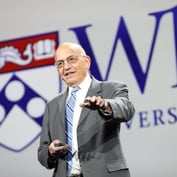
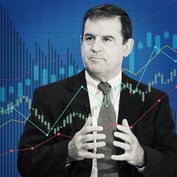




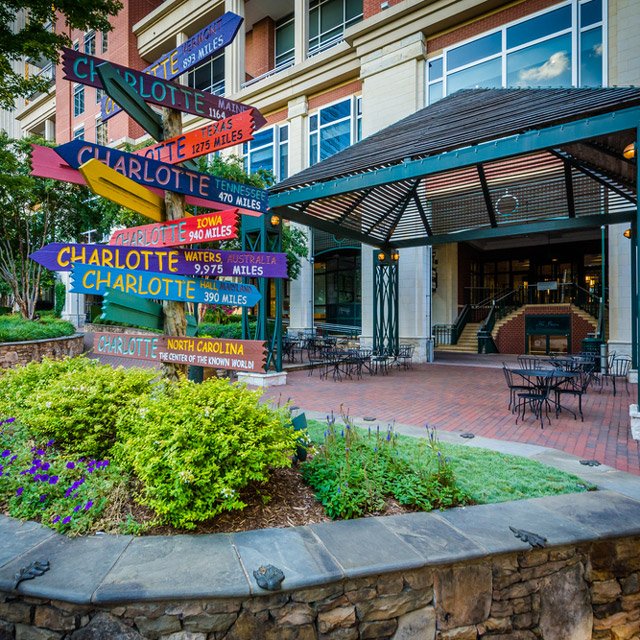
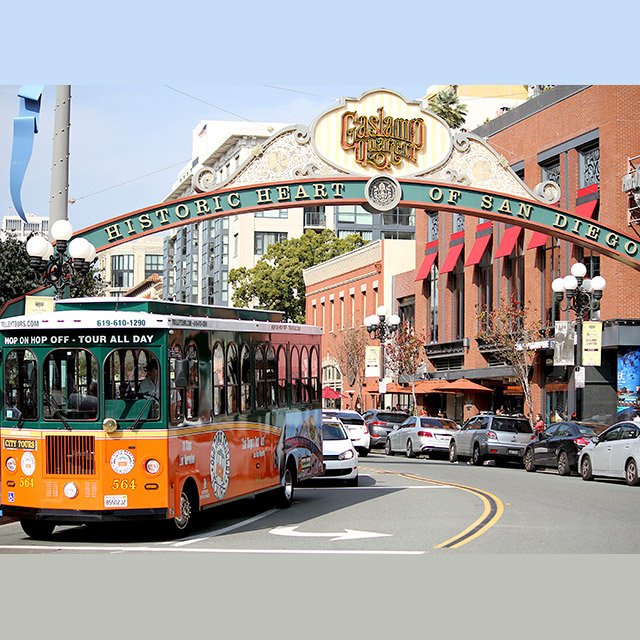

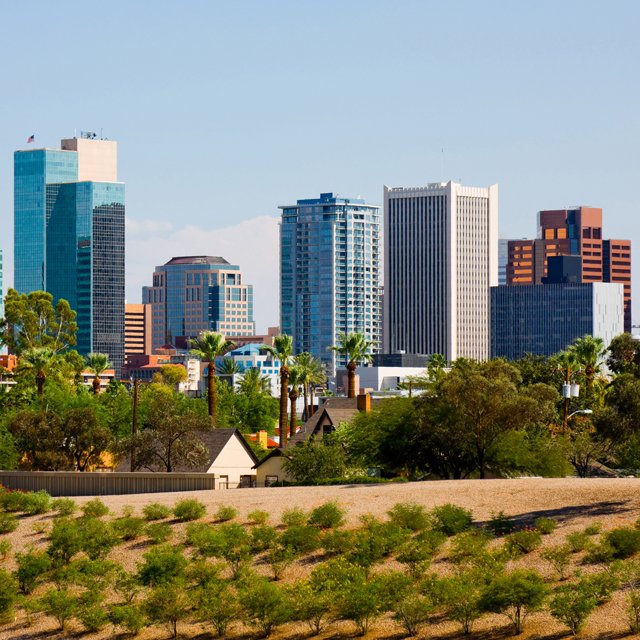
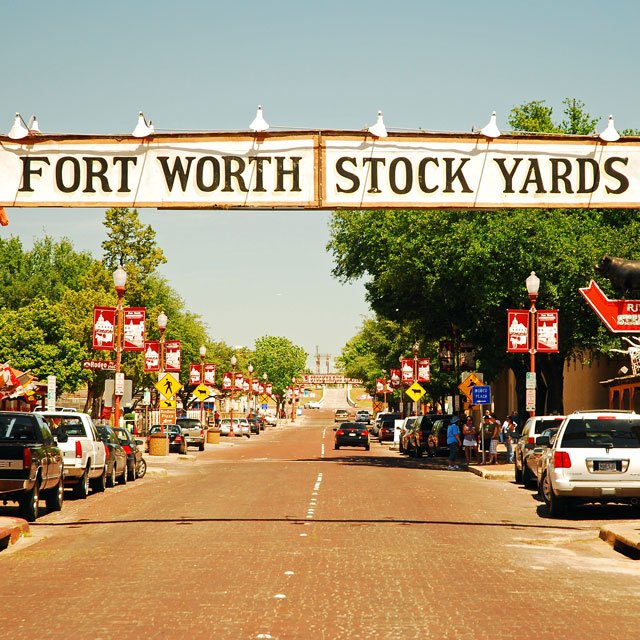
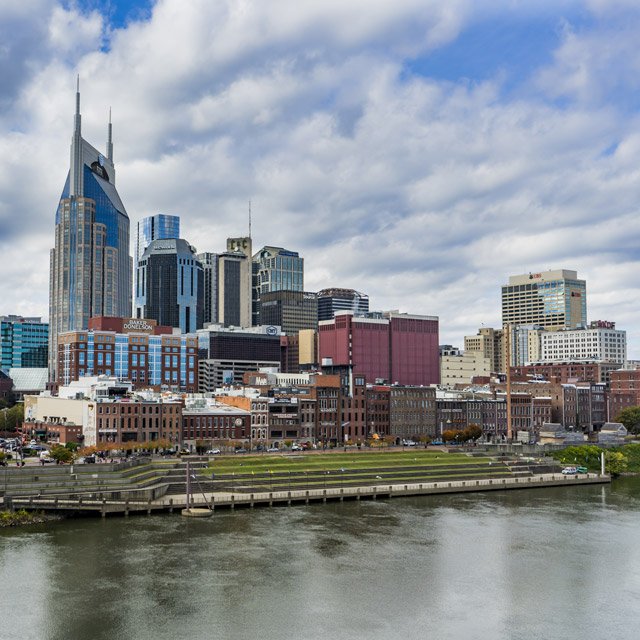
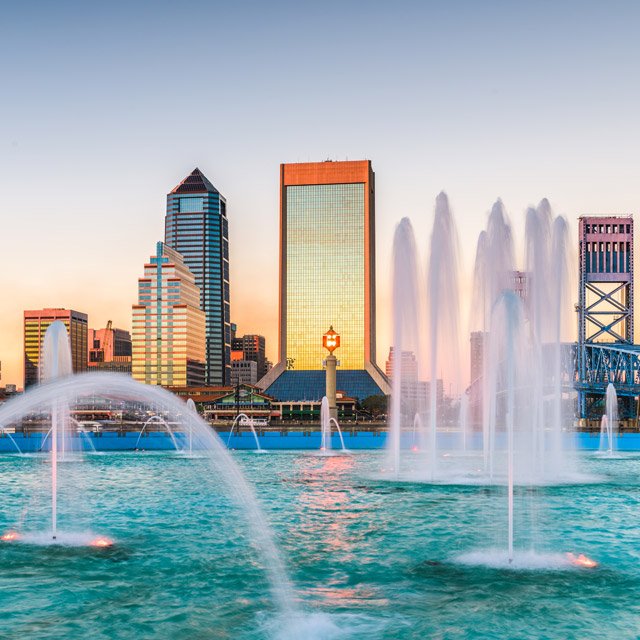

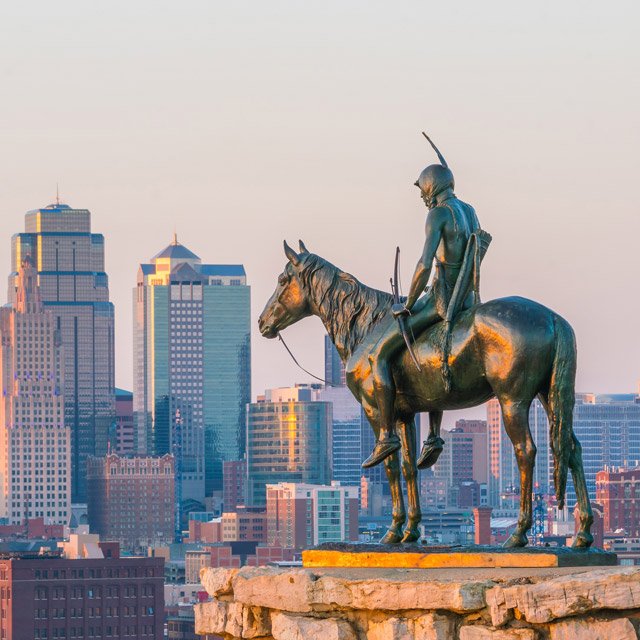

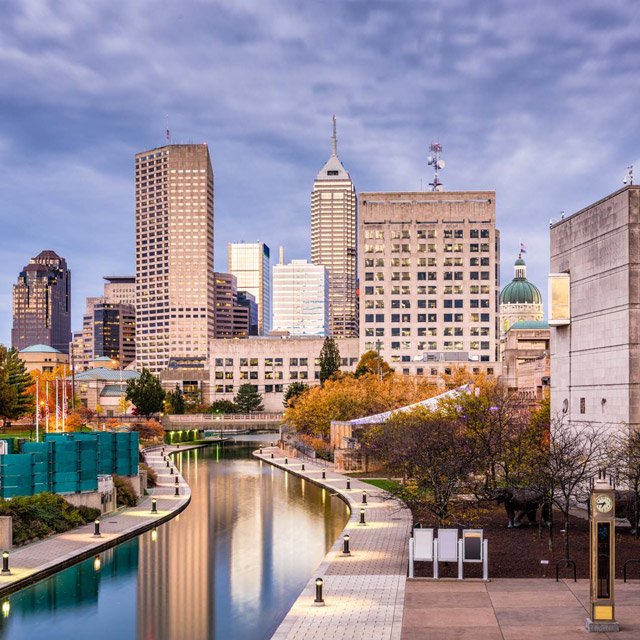
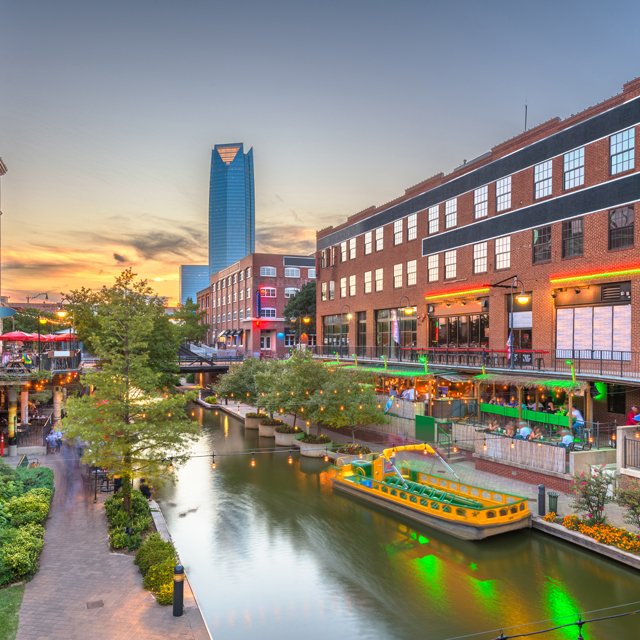

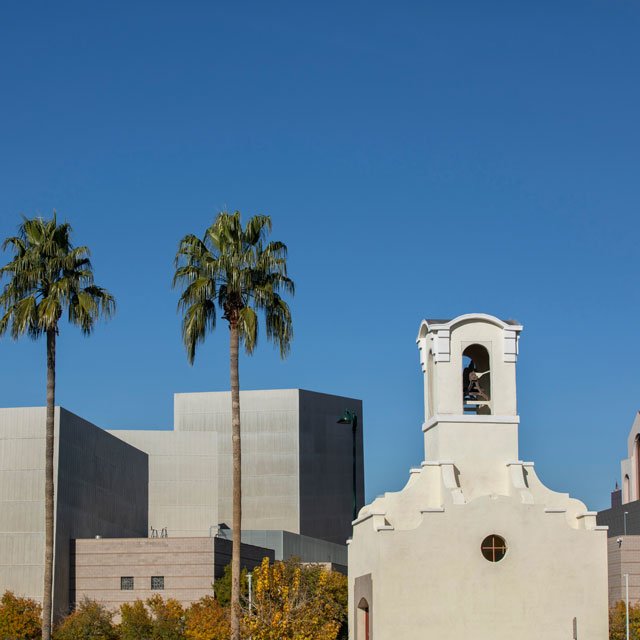


 Slideshow
Slideshow





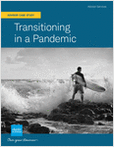
 Copyright © 2024 ALM Global, LLC. All Rights Reserved.
Copyright © 2024 ALM Global, LLC. All Rights Reserved.